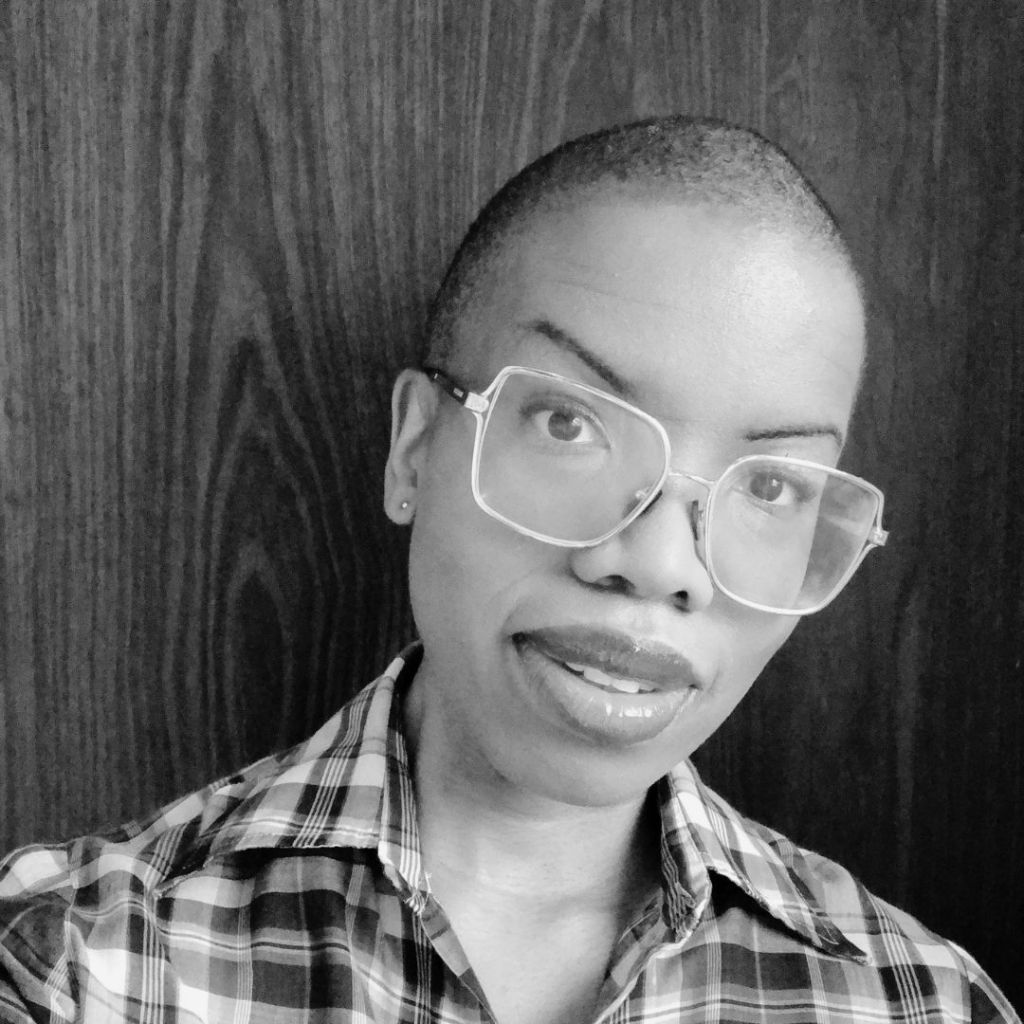Note: This post contains minor spoilers.

On Sunday night while American Fiction was winning the Oscar for Best Adapted Screenplay, I was watching it on my computer. The movie’s on Amazon Prime, and when I selected it, it was purely a coincidence. While I didn’t feel like watching the Oscars, I kept seeing Issa Rae, Sterling K. Brown, and more of its stars in my Instagram feed. I only realized why they were hitting the red carpet after I pressed play.
As for the movie itself, you may or may not have already seen the trailer.
The Plot
American Fiction tells the story of Thelonious “Monk” Ellison, a professor and author from Boston. He’s hit a bit of a rut in his career—a lull, if you will. He hasn’t sold a book in ages. That is until one day he witnesses the success of a novel by a fellow Black writer.
It’s impossible for Monk not to notice the seemingly stereotypical portrayal of Black people and their circumstances in his peer’s work—along with its staggering success. Eventually, Monk recognizes that he needs to swallow his pride if he wants to pay the bills. He decides to throw his hat into the Popular Black Fiction ring by writing a book of his own—My Pathology My Pafology. In order to preserve his professional reputation, Monk releases this new volume under the name Stagg R. Leigh.
My Many Thoughts
We live in an era where the desire for authentic representation of Black people and other diverse voices is abundant. And across a host of industries, publishers and producers have been eager to answer audiences’ requests. Meanwhile, I’ve been noticing the quality of representation that’s available. I can’t help but love the playful and serious ways that American Fiction asks viewers to consider how Black people are portrayed in media.
One thing I enjoyed about this movie is that it’s not solely a hard-hitting satire. I genuinely enjoyed the scenes featuring Monk and his family. Their interactions added a warmth to the story that might have been absent if it had remained focused on his professional pursuits.
As for the script itself, what is it that people say these days? “Ten out of ten, no notes”? When you watch American Fiction, you’ll see very easily why it won an award for writing. The dialogue never disappoints. It was clear to me that writer-director Cord Jefferson heard that classic instruction to “make every word count” and actually listened. Throughout Fiction his work is consistently sharp, poignant, and never boring. Even before I knew the reason for its Oscar win, I kept asking myself, “Who wrote this movie?” And I scream-laughed several times.
My only nitpick? My inner critic wanted to offer a minor rebuttal against a character’s comment on the word “potential”. I won’t get into detail about how it’s discussed. But I will say that I’m reluctant to cast this word in a negative light. Prior to the way it’s highlighted in this film, I mainly thought that people used “potential” when speaking about something or someone that possesses undiscovered excellence.
Incoming spoiler: As seen in American Fiction‘s trailer, although Jeffrey Wright’s Monk writes My Pafology as a joke, it’s embraced in literary circles and is quickly published. Meanwhile, along with a small group of other writers, Monk is asked to judge a set of books for a literary award.
And guess which book becomes the top candidate for said award?
Among the judges, Monk and the sole other Black author aren’t comfortable with Stagg R. Leigh’s book. Yet after they state why Leigh’s work is unacceptable, a well-meaning white female character pipes up and says, “I just think it’s essential to listen to Black voices right now.” In response, I laughed, sighed, and said to myself, “Oh my God. Nooooo!”
How many times have I heard or read that sentence—or something like it—over the past few years? And why does it drive me crazy?
It calls to mind a trap that too many people fall into: The belief that in the pursuit of diversity, all art ought to be publicized and praised—even when the vision behind it seems skewed.
Which begs questions like: Who controls the sharing of stories about Black people? When approving Black-focused art, what are gatekeepers’ expectations? What kind of preconceived ideas do they have about what Black people are actually like? What, if any, trends are there in what gets approved? And what can be done to ensure that a variety of voices are able to speak?
In a post- Black Panther and Woman King world, I know that some people might think stereotyping is a problem from the past. But consider Cord Jefferson’s answer to the first question in this interview.
There are people currently producing movies who have limited ideas about what Black people are like. And not only do these people produce movies, there are likely also people who think this way who are studio heads—able to determine which projects go into production in the first place.
Not to mention the number of people who let the art that they consume determine their expectations. Regardless of whether you depict people as rich or poor–high or low class–unbalanced portrayals of people from diverse backgrounds often influence viewers’ real-life perceptions and behaviour.
But I digress.
American Fiction is an unapologetically critical look at media makers’ insistence on embracing limited ideas in spite of the varied realities of Black lives. I’m glad that this film was made. As Cord Jefferson’s directorial debut, it was brilliant, and I look forward to seeing what he does next!
Stock Photo by Thibault Penin






Leave a comment